Økosystem // Ecosystems
An ecosystem is the interaction between living organisms and the environment they live in. There are many different types of ecosystems on earth. The size of an ecosystem varies. Some ecosystems are small, for example a water pond. Other ecosystems are large, such as swamps, deserts, lakes, oceans and forests.

Roe deer is a biotic factor. 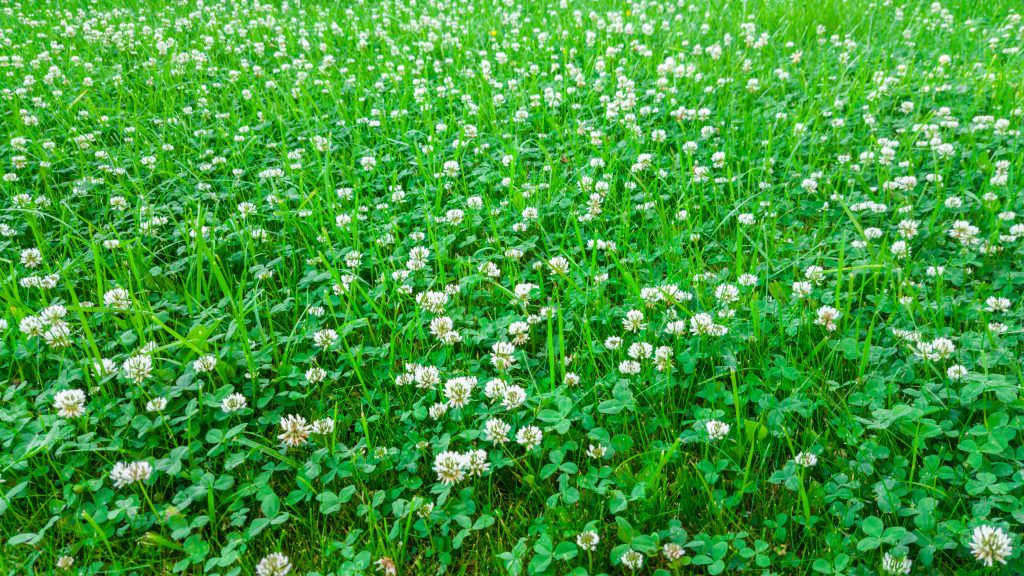
Green plants are a biotic factor. 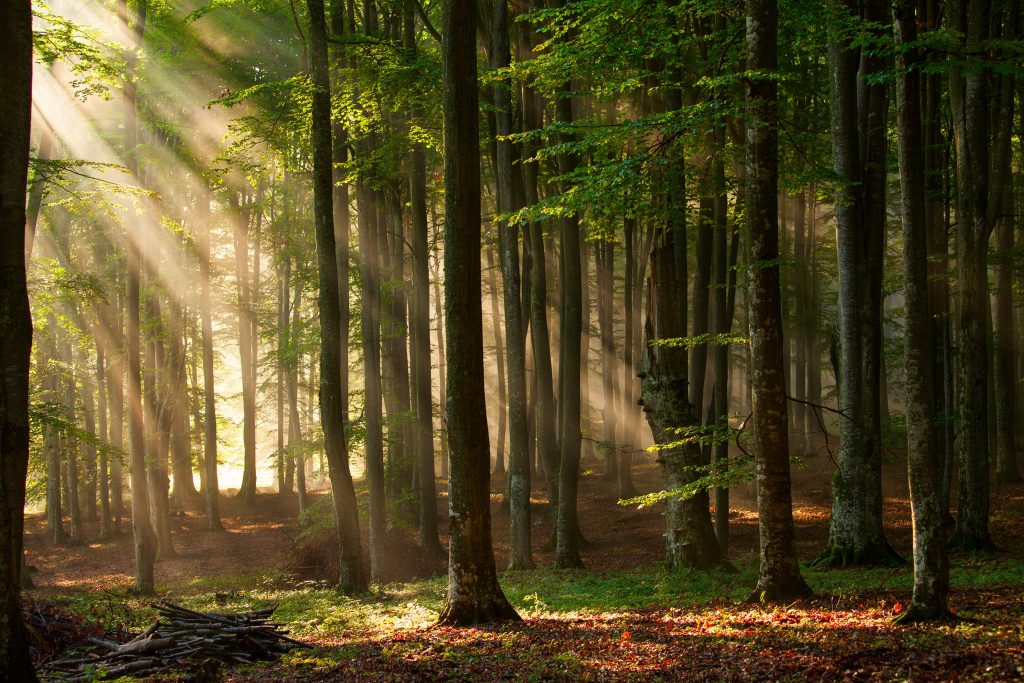
Sunlight is an abiotic factor. 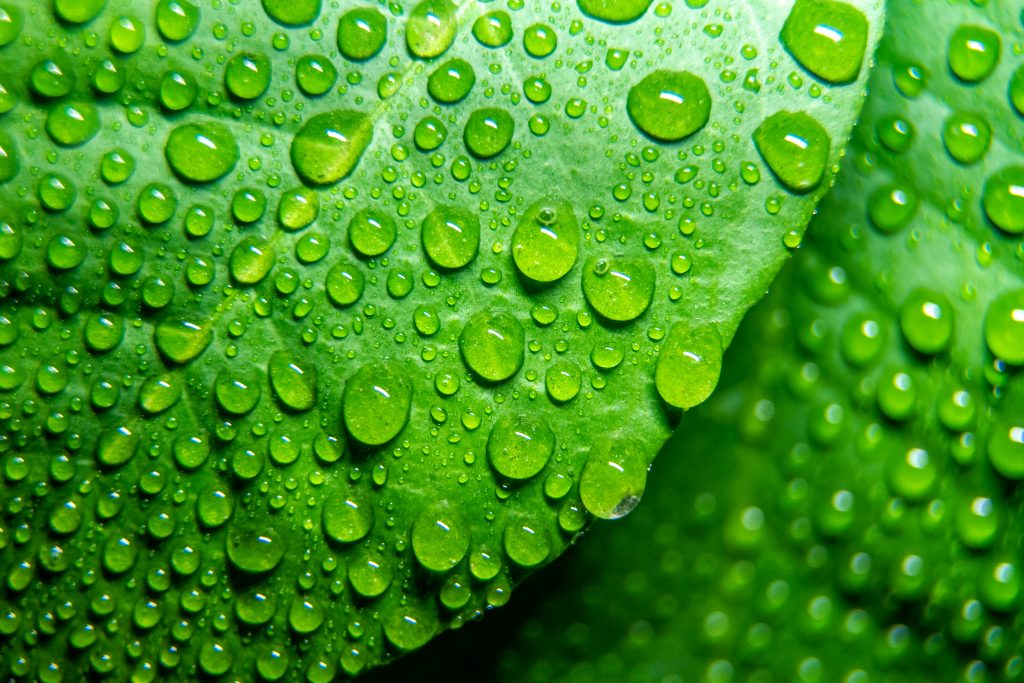
Water is an abiotic factor.
Abiotic factors
Non-living things in an ecosystem are called abiotic factors. Examples of abiotic factors are the weather and climate, soil, sunlight, salinity and other chemical substances in the environment.
Biotic factors
Living things in nature are called biotic factors. Animals, plants, insects and microorganisms are examples of biotic factors. These are dependent on both biotic and abiotic factors in the ecosystem.
Organisms depend on each other
In an ecosystem, the living organisms are dependent on both the abiotic factors and on each other to survive and reproduce. Plants depend on fungi and bacteria to break down dead organic material so that it becomes soil again. Plants need nutrients from the soil to grow. Some animals have to eat plants to survive. Some animals depend on getting nourishment from dead plants and animals.
Producers
Some organisms can produce organic material from non-organic material. These are called producers. The producers make nutrients, and they do this through photosynthesis. Plants and green algae are producers in an ecosystem. The producers can make all the food they need themselves.

Consumers
Animals cannot make their own food. They depend on eating plants or other animals. Another word for ‘to eat’ is ‘to consume’. That’s why we call them consumers.
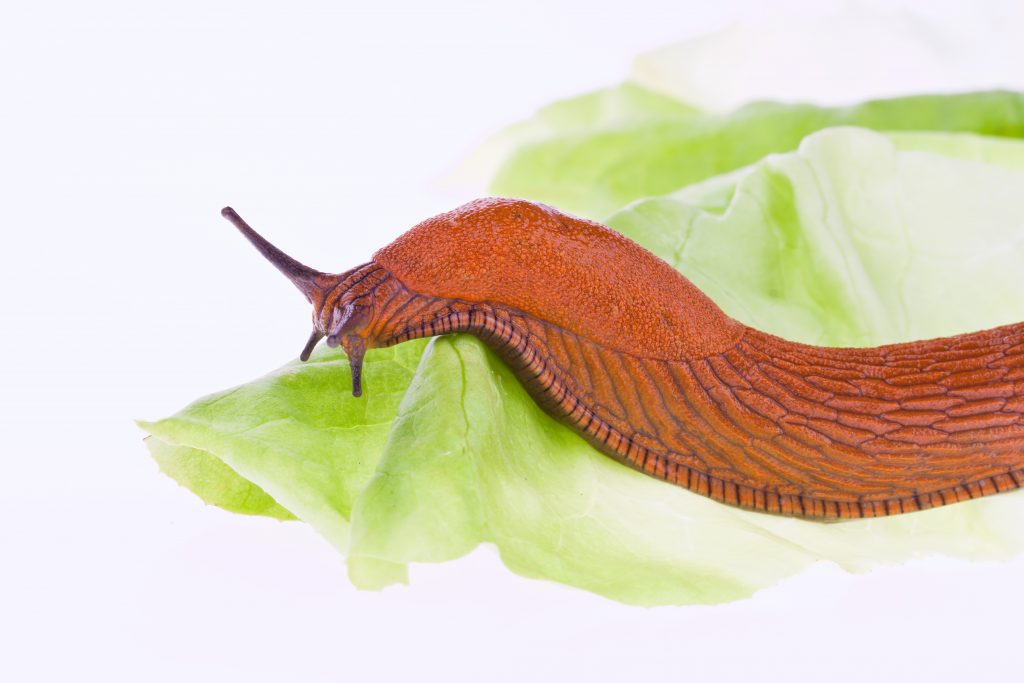
Decomposers
Decomposers are organisms that live by eating dead animals and plants. Bacteria and fungi are examples of decomposers. Decomposers are important in an ecosystem, because they break down dead animals and plants. In this process, nutrients are released from the dead organisms. This will provide nutrient-rich soil for the new plants.
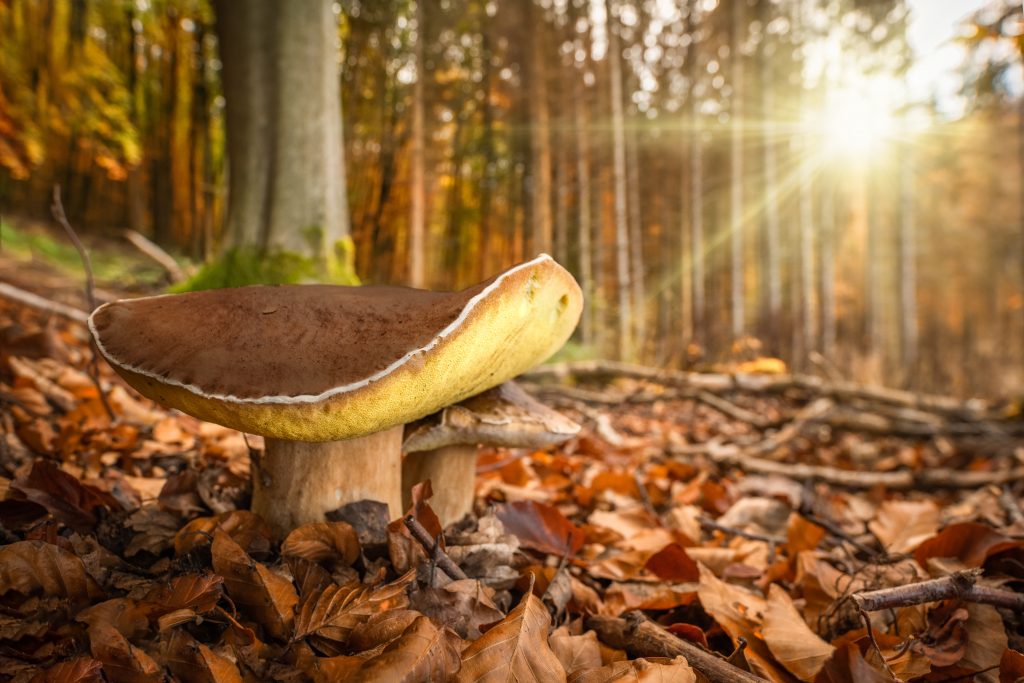
All images are taken from AdobeStock